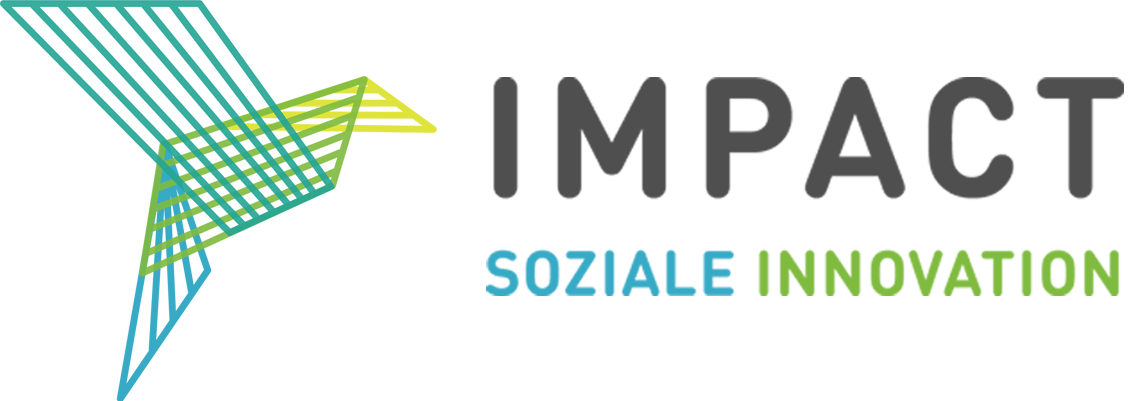Guest Editors:
Matthias Rätzer, Technical University Chemnitz, Germany
Ronald Hartz, Technical University Chemnitz, Germany
Ingo Winkler, University of Southern Denmark
For a couple of years now growth-driven societies have been in a permanent
state of crisis. Since 2007 the global financial crisis and its aftermath
are challenging our ideas of growth, well-being, consumption and work within
global capitalism. Consequently, critical scholars in management and
organization studies have begun to advocate alternative forms of
organization and to problematize the collective imagination that ‘there is
no alternative to growth’ (Parker et al. 2014; Atzeni 2012).
One important analytical dimension within the search for alternatives
relates to the limits of growth in its economic, ecological and social
dimension. For example, Meadows et al. (2004) explicate that a finite
(world) system cannot handle an everlasting orientation toward growth
without running into a collapse. Hirsch (1976) argues that social rise in a
stratified society smolders, leading to social imbalances in the long term.
Several authors discuss economic restrictions under the name of de-growth
(Georgescu-Roegen 1977; Latouche 2009; Martínez Alier et al. 2010;
Schneider et al. 2010; Kallis 2013). Schneider et al. (2010) point towards
unfulfilled expectations in the context of creating win-win-situations and
question the possibility of sustainable growth through technological and
efficiency improvements. Relative to the social context, others discuss the
label steady-state-economy, which challenges the relationship between growth
and labor, solvency and consolidated public finances (Daly 1972, 1973; Lawn
2011; Blauwhof 2012).
However, there exist only few contributions discussing organizational
alternatives to an orientation toward growth (Cheney et al. 2014). Some
authors address growth neutral enterprises (Bakker et al. 1999; White/White
2012). Others note that neither governments nor private sector executives
have any incentives supporting the development of a post-growth environment
(e.g. Latouche, 2006; Ayres, 2008; Martínez Alier 2009). Therefore, the
specific aim of this special issue is to substantiate the debate on
post-growth, steady-state and de-growth from an organizational perspective.
How can organizations respond to the limits of economic growth? How can
organizations, from a post-growth perspective, promote their social worth as
opposed to their monetary worth? How can organizations implement the
elements of a post-growth economy, such as cutting-down and slowing down, a
balance between sufficiency and dependency on consumption, institutional
innovations for the society, the environment and regional economy (Paech,
2016)?
In addressing post-growth organizations (PGOs), we assume alternative
organizations, featuring individual autonomy and respect, an orientation
towards solidarity and cooperation, and responsibility to the future (Parker
et al., 2014) to constitute a fertile ground for PGOs. Furthermore, we could
imagine PGOs to develop from associations, growth neutral enterprises,
co-operations, solidarity organizations, grass-root movements or even
‘traditional’ enterprises. Eventually, we do not restrict our focus on
PGOs to the economic domain, but also take social and ecologic concerns,
such as social entrepreneurs, into account. We call for contributions
discussing different perspectives on PGOs, investigating their
characteristics and limits. Furthermore, we embrace contributions
investigating the range and coverage of PGOs as an organizational
possibility in a future, post-growth society.
The contributions to this special issue should address one or more of the
following questions:
- What characterizes the organization and the management of ‘post-growth
organizations’ (PGOs)?
- Which role do the principles of autonomy, solidarity and responsibility
play in PGOs? What kind of problems, contradictions and conjoint
amplification are observable regarding these principles?
- Do PGOs enable us to cure some of the organizational ills created by a
narrow focus on economic growth?
- What are the limits and prospects of PGOs in the transformation of
capitalism?
- What organizational practices, tools and instruments are important in PGOs
(e.g. accounting practices, compensation practices, decision making,
regulations of working time, work-life balance, forms of participation
etc.)?
- Is it possible to turn traditional organizations into PGOs?
- Which strategies (e.g. overcoming of externally defined difficulties,
internal processes of storytelling, micro politics, adjustment of power) can
be identified in the constitution and management of PGOs and which practices
in PGOs are working well and which are not?
This is not an exhaustive list.
*Deadline*
Potential contributors to the *Special Issue of Management Revue* are
encouraged to submit an abstract of 1-2 pages before *30 September 2016*
electronically via the online submission system at
http://www.management-revue.org/submission/ using ‘Post-Growth
Organization’ as article section. Contributors will receive feedback and
an invitation to submit a full paper by the end of October 2016.
Full papers must be submitted by *31 March 2017*. All contributions will be
subject to a double-blind review. Papers invited to a ‘revise and
resubmit’ are due *31 August 2017*.
*Looking forward to hearing from you!*
Matthias Rätzer (matthias.raetzer@wirtschaft.tu-chemnitz.de),
Ronald Hartz (ronald.hartz@wirtschaft.tu-chemnitz.de) &
Ingo Winkler (inw@sam.sdu.dk)
T +45 6550 1748
simonf@sam.sdu.dk
www.sdu.dk/ansat/simonf/
Syddansk Universitet/University of Southern Denmark
Institut for Marketing og Management/Department of Marketing and Management
Alsion 2, A2
6400 Sønderborg
Danmark
--
Management Revue - Socio-Economic Studies
http://www.management-revue.org/


